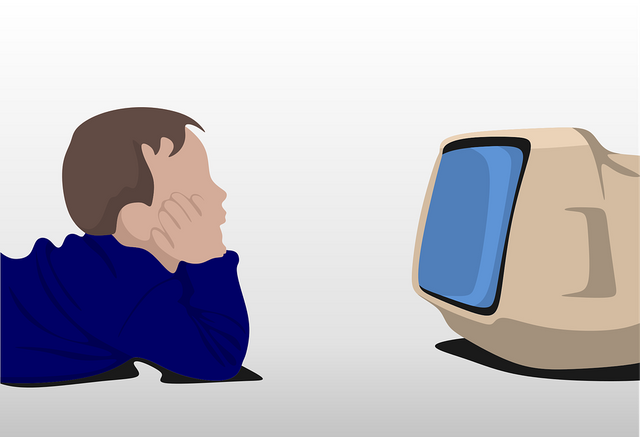Television: Evils of Addiction
Addiction means a state of being dependent on something or a habit that has become impossible to break. Addiction is possible in case of a drug, or alcohol or games, or even watching TV. Particular type of addiction has particular evils. TV addiction has its own evils. First of all, a TV addict finds television almost irresistible.
One such addict, a college English instructor says, “When the set is on I cannot ignore it. I can’t turn it off. I feel sapped, will-less, enervated. As I reach out to turn off the set, the strength goes out of my arms. I addict often feels he “ought” to do other things like reading or planting his garden or play games or have conversations.
But to him, those actives are no longer as desirable as television. In a way the heavy viewer’s life is as imbalanced by his television “habit” as a drug addict’s or and alcoholic’s. He is living in a holding pattern, as it were, ignoring the activities that lead to growth of development or a sense of accomplishment. This is one reason why the addicts talk about their television viewing so ruefully, so apologetically. They realize that it is an unproductive experience, that almost any other work is more worthwhile.
Third, that TV addiction is a serious addiction is measured by its adverse effect of the life of the addicts. IT distorts the sense of time. It renders other experiences vague and seriously unreal. Fourth, it weakens relationships by reducing and sometimes eliminating normal opportunities for talking or for communication. Fifth, it has adverse effect on the general health, and reducing the vitality of the body, renders the addict more susceptible to diseases.



